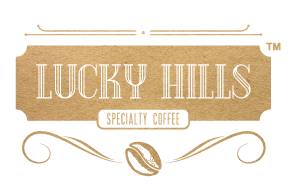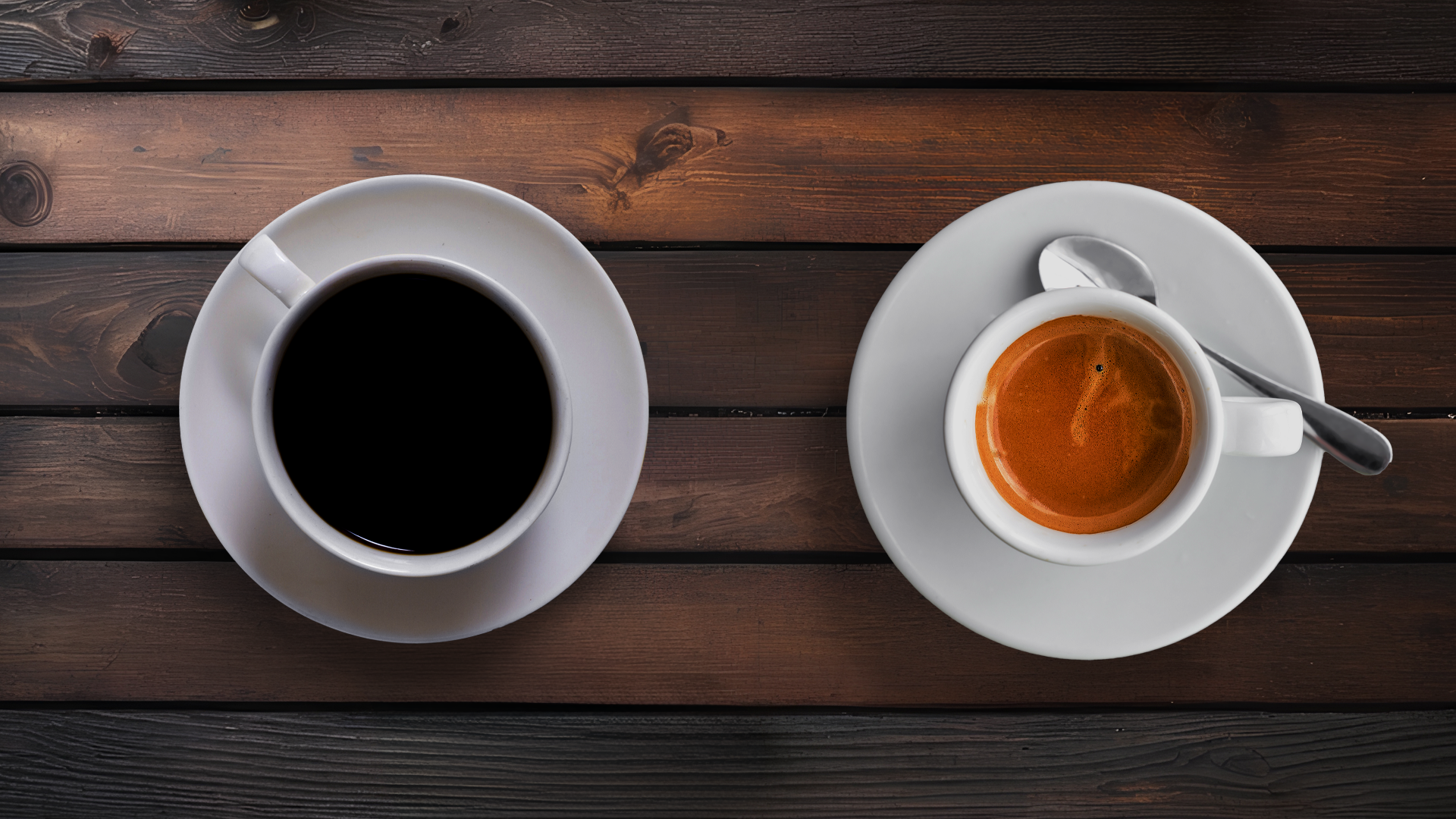The world of coffee is vast and full of nuances, offering a variety of options that can surprise even the most avid coffee lovers. In this context, the distinction between espresso vs. coffee (let’s call it brewed coffee here, okay?) stands out as a fascinating topic for those curious about the subject.
Given this, we decided to explore the remarkable differences between these brewing methods that captivate hearts around the world. Follow along!
Is espresso different from coffee?
Espresso and brewed coffee represent distinct approaches to extracting the precious flavor from coffee beans.
In short, espresso, originating from Italy, is a brewing technique that involves a specific coffee machine, with hot water passing under high pressure through finely ground beans. On the other hand, brewed coffee is obtained through the slow dripping of hot water over a cone-shaped filter.
To be more detailed, in the espresso preparation process, fine grinding is crucial, requiring 7 to 9 grams of coffee grounds for a single shot and 12 to 20 grams for a double. The short processing time of 25 to 35 seconds and brewing pressure of 6 to 9 bars are essential for forming that famous crema and fully extracting the flavors from the beans. The water temperature varies between 90 to 96 °C, adjusting according to the type of coffee and personal preferences.
In the brewed coffee method, the beans are ground more coarsely than those used for espresso. During preparation, hot water is gradually poured over the ground coffee, passing through a paper or other specialized filter. This process can be done manually or using well-known electric coffee makers. The water temperature ranges from 88 to 96 °C, adjusting both to individual preferences and the type of coffee selected.
Espresso vs. Coffee: Flavor Intensity and Concentration
Other differences between espresso and brewed coffee lie in the intensity and concentration of flavor. Espresso is known for its potency, offering a robust and full-bodied experience in each small sip. The high pressure in the brewing process extracts the essential oils from the beans, resulting in a concentrated beverage with a pronounced flavor and a thin layer of foam formed during extraction that contributes to this intensity (the famous crema mentioned above).
In contrast, brewed coffee tends to be smoother. The dilution of water during preparation creates a beverage that highlights more subtle nuances, allowing the flavors to develop more gradually. It is usually enjoyed by those who prefer a more moderate and accessible coffee experience.
Caffeine in Espresso vs. Coffee
If your coffee choice is related to caffeine content, it’s important to note that espresso and brewed coffee differ in this aspect. Although many believe espresso is stronger due to its intense flavor, the truth is that in terms of caffeine per volume, traditional coffee often has a higher concentration.
The reason for this misleading perception lies in the amount of coffee consumed. A standard espresso shot is significantly smaller than an average cup of brewed coffee. This means that if you’re looking for a concentrated dose of caffeine in a small volume, espresso may be the ideal choice.
Espresso vs. Coffee: Is There a Difference in Roasting?
Typically, the beans intended for espresso undergo a deeper roasting process, resulting in a darker color than those used in traditional coffee preparation. This meticulous approach to roasting is essential in creating the pronounced and robust flavor profile characteristic of espresso.
The enhanced intensity during the roasting process is carefully planned to ensure the coffee beans achieve optimal sugar caramelization, resulting in a variety of flavors that balance bitterness and sweetness, offering espresso a unique and nuanced flavor profile.
It is also important to note that the beans intended for brewed coffee also go through a roasting process, although it is generally less intense than that applied to espresso beans.
So, which is better: Espresso or Coffee?
The choice between espresso and coffee will depend on your personal preferences. If you’re looking for intensity, convenience, and an explosion of flavor in each sip, espresso might be the perfect option. However, if you value a smoother experience and enjoy the process of brewing coffee, brewed coffee may be more suitable to your taste.
In either case, it is crucial to choose high-quality specialty coffee, as the excellence of the beans is a transcendent factor that directly influences the tasting experience. Specialty coffees, grown with care and precision, offer a wide range of flavors and aromas that enrich each cup.
Additionally, if you are a foodservice establishment owner or manager and want to offer the best coffee to your customers, whether espresso or brewed, invest in quality beans.
Lucky Hills: Quality Specialty Coffee for Your Customers
Lucky Hills is an American company renowned for offering high-quality specialty coffee, providing a unique experience to its customers. With beans imported directly from the South of Minas Gerais, Brazil, and roasted locally in Florida on demand, aroma and freshness are guaranteed in every delivery.
Moreover, the richness of Brazilian beans stands out, offering superior flavor regardless of the brewing method chosen.
The commitment to the quality and origin of the beans makes Lucky Hills coffee a truly special choice for those who appreciate excellence in every cup.
Want to know more about Lucky Hills coffee? Talk to our specialists! They are ready to share additional information and guide you through a unique sensory journey in the world of coffee.



